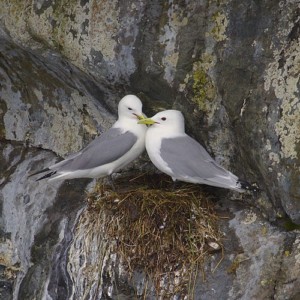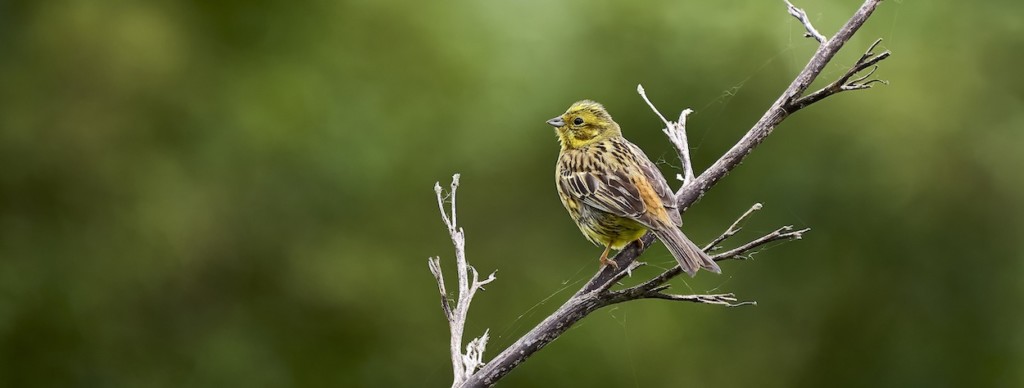#BOUsci22 – Resources
 Birds as individuals
Birds as individuals
23 November 2022
Attendee resources
FULL PROGRAMME (In-person and Twitter presentations)
KEYNOTE PRESENTERS
TWITTER PRESENTER GUIDELINES
HOW TO PREPARE A TWITTER THREAD
BE COLOUR BLIND AWARE
CODE OF CONDUCT
WORLD CLOCK including UTC time conversion for your local time (for those following on Twitter)
More resources will appear here, as we approach the date of the conference.
Conference theme, aims and scope
Birds face a wide range of predictable and unpredictable challenges including climatic changes, food availability, habitat quality, social interactions and more. How individuals respond to these changes through variation in morphology, physiology, behaviour or life-history strategies between (and within) individuals can impact on the ecological and evolutionary success of populations and species regardless of the source (i.e. genetic or phenotypic plasticity) of this variation. For example, among-individual variation in avian ‘personalities’ can be related to differences in physiological and behavioural responses, survival and reproductive success.
The increased resolution provided by examining questions at the individual-level provides a mechanistic understanding of how and why responses to external and internal challenges vary. It also enables exploration of the extent to which individuals are able to adjust their phenotype (or not), and the consequences of such plasticity. This scales to explain patterns at population and community levels. For instance, variation in individual traits within populations may generate individuals that consistently consume a small subset of the whole population’s resource base (individual diet specialisation). This strategy can allow for fitness-enhancing changes in individual foraging efforts that respond to variation in resource availability, which is a key stabilizing mechanism of complex food webs.
Enhancing our knowledge of the consequences of individual-level variation touches on almost all aspects of avian ecology. It increases our ability to understand the dynamics of natural populations, and ultimately to develop more informed management for protection and restoration objectives.
This conference will be international in scope, covering a range of topics including but not limited to:
- Physiology (e.g. stress responses and pace of life);
- Movement ecology (e.g. migration strategies);
- Behaviour (e.g. animal personalities);
- Foraging ecology (e.g. individual specialisation);
- Conservation biology (e.g. reintroductions and population reinforcement);
- Population modelling (e.g. integrating individual variation and fitness inequalities).

Covid safety
We have adopted a number of measures for BOUsci22, intended to maximize covid safety at the conference.
- We request that delegates take a Covid-19 rapid lateral flow test within 48-hours before arrival at the conference.
- We will make hand-sanitizer available in the meeting room and in lunch/coffee areas.
- We will have surgical masks freely available at registration, for those that wish to wear them.
- We will consider a 50% refund for anyone unable to attend the in-person conference following a positive Covid-19 test.
- With cooperation from the venue, we will ensure meeting and refreshment rooms are well-ventilated.
- With cooperation from the venue, we will make an outdoor space available where delegates can take some fresh air, should they wish.
Our parallel conference format
The BOU strives to make all our events inclusive and accessible. To help achieve this we now run all in-person and virtual Zoom conferences as dual platforms events with a Twitter conference running alongside the main in-person/virtual event.
Every presenter at a in-person/virtual event will now be required to tweet a summary of their presentation as part of the parallel Twitter event. We will also include additional Twitter-only presentations during the breaks of the in-person/virtual event.
For example, our BOUsci20 virtual Zoom event attracted an ‘in-the-room’ audience of 375 registrants, but the parallel Twitter event had over 550 participants, an ‘in-the-room’ audience of >1,600 people and a wider reach of 750,000 – from right around the world.
Unlike other social media platforms, Twitter is genuinely open access as you don’t even need an account to follow the Twitter event content. The BOU knows Twitter inside out having championed its use to promote ornithological research for the last decade and we’ve been running and sponsoring Twitter conferences for some years. Because of this, take-up within our community is very high – 75% of BOU2019 delegates were on Twitter!
Presenters will be provided with extensive guidelines on how to tweet your presentation on Twitter, and you will be able to use either your personal or institute account. If neither of these are available, then we the BOU social media team will be on hand to discuss other options for you to present your work on Twitter.
See also Presenting at a Twitter conference
Scientific Programme Organisers
Dr Thomas Bodey | Chair | Aberdeen University, UK View
Dr Ana Payo Payo | Aberdeen University, UK and BOU Meetings Committee View
Dr Karin Maldonado | Universidad Adolfo Ibáñez, Chile View
Dr José Alves | University of Aveiro, Portugal and BOU Meetings Committee View
Image credit: Black-legged Kittwakes (top small) | Gregory “Slobirdr” Smith CC BY SA 2.0 Wikimedia Commons


